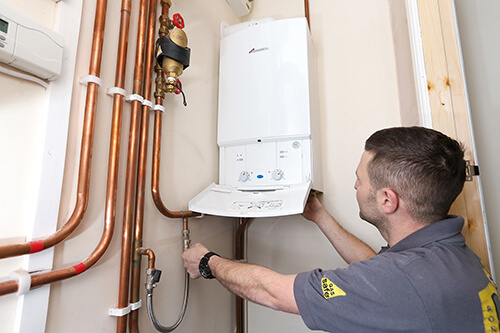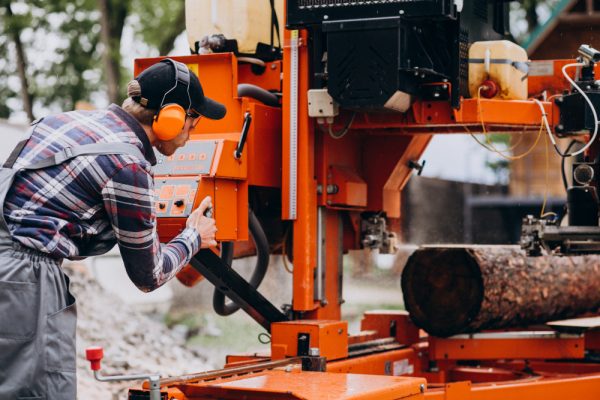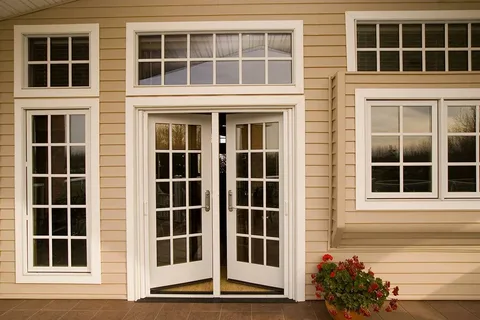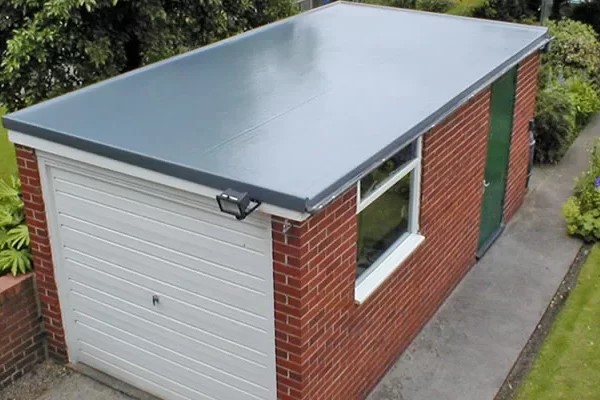A functioning boiler is essential to a warm, comfortable home. It’s also vital for your family’s safety.
Boilers work under high temperatures and pressure. Attempting to repair a boiler without proper training and equipment could put you in grave danger. The best way to ensure your safety is to hire a professional.
Inspect Your Boiler Regularly
Boilers require regular inspections and maintenance to operate correctly. Professional inspectors typically perform these tasks on a mandated schedule. Still, homeowners can also do daily or monthly checks to spot potential issues before they grow out of control.
For example, homeowners should physically inspect the piping on their boiler to check for wear and tear or any potential blockages. They should also regularly inspect the chimney and vent connection to ensure they’re still intact. In addition, they should routinely inspect external pipes to ensure they aren’t leaking or frozen during the winter.
If they do, homeowners should consult a boiler repair expert for help. Similarly, homeowners should test the carbon monoxide detector to ensure it’s working correctly and not emitting deadly gas.
Install a Carbon Monoxide Detector
Carbon Monoxide (CO) detectors help keep your family safe. They are essential to your smoke alarms and should be installed in rooms with fuel-burning appliances. If your CO detector goes off, open windows and doors to clear the air. If anyone shows signs of CO poisoning—flu-like symptoms, headaches, dizziness, or nausea—immediately get them to a hospital.
Ensure that CO detectors are at least five feet off the ground, attached to the ceiling, and not near cooking areas, sunny spots, or flammable items. Ideally, they should be located close to sleeping areas. Also, be sure your chimneys and venting systems are inspected annually for blockages, cracks, or holes that can force dangerous gases back into the house. Test your CO detectors regularly using the test button and change batteries at the change of Daylight Saving Time.
Install a Thermostat
When a thermostat becomes old or damaged, it can cause erratic temperature changes. This can lead to discomfort in the home and increased heating bills.
Choosing the right location for your thermostat can help it work correctly. Place it away from direct sunlight, which may affect the sensor’s reading. Also, avoid placing it near other heat sources that can affect its performance.
If replacing an existing thermostat, it’s essential to isolate the 240-volt circuit using safe isolation procedures. Then, label the wires to ensure you get them back in the same order on the new thermostat. Please take a photo or write down the color-coded connections on the old thermostat so you can match them to the correct connections on the new one.
Schedule Regular Maintenance
The boiler is a vital component of our home’s heating system, producing hot water for showering, cooking, and powering turbines that generate electricity in power stations. It also plays a vital role in protecting against carbon monoxide poisoning and fires.
Regular maintenance for your boiler can prevent wear and tear and keep it functioning correctly. A healthier boiler requires less energy and is less likely to break down, saving you money in the long run.
If your boiler has been making unusual noises, it may be because of air trapped in the system. A quick check of the pressure gauge should reveal whether this is the case. If the gauge is below one, call a professional to address the problem, as it could be dangerous.
Install a Fire Extinguisher
Fires in boiler rooms can cause severe damage and harm people and property. Regular professional inspections will help keep the equipment in good condition, reducing the fire risk.
A fire extinguisher in the boiler room can be vital for your family’s safety. It’s essential to keep one on every floor and know how to use it. You can also prevent a fire from spreading by keeping combustible materials away from the fire and installing smoke detectors throughout your home.
Ensure your children can’t access chemicals like cleaners and knives by adding locks or safety latches to cabinets. Creating and practicing an escape plan with your family is also a good idea. Having an escape route and practicing it regularly can save lives during a fire or other disasters.





